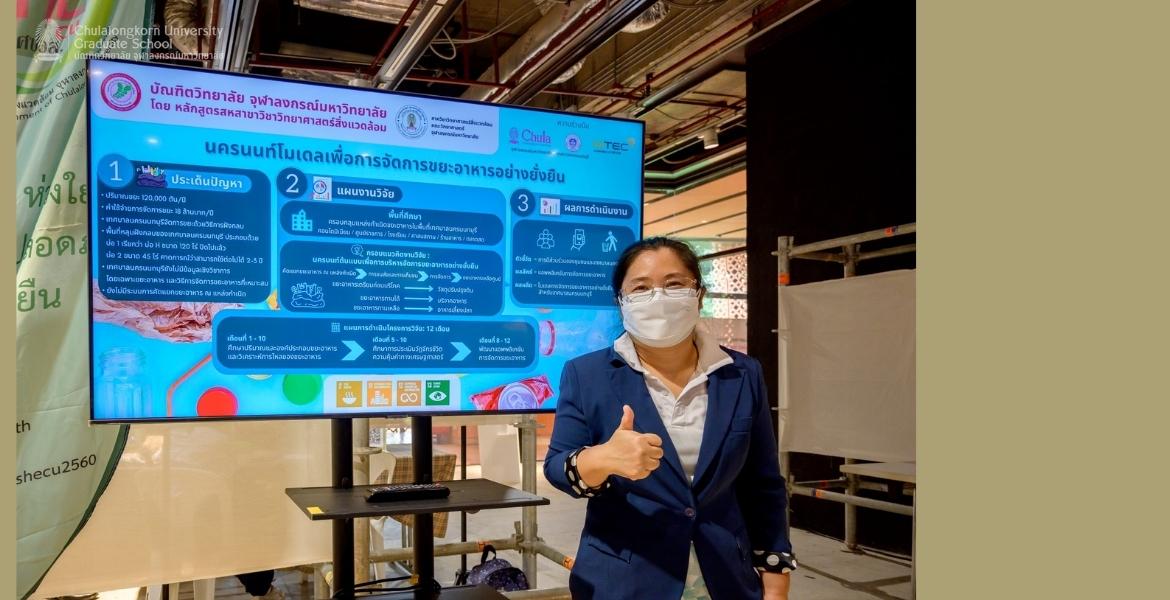Chula is now developing the Model of Sustainable Food Waste Management
Environmental Science Interdisciplinary Program, Chulalongkorn University Graduate School (CUGS) participated in “Chula Sustainability Fest 2022” on September 2-4, 2022, at Chulalongkorn Centenary Park. Associate Professor Dr. Nuta Supakata, who is Deputy Program Director, and a lecturer of Environmental Science Department, Faculty of Science, had a digital poster presentation entitled “Safety, Occupational Health and Working Environment.” in the event. In the meantime, Dr. Nuta as a project head was presenting the research findings on “Nonthaburi Municipality or Nakhon Non Model of Sustainable Food Waste Management”.
She said that “Nakhon Non Model for Sustainable Food Waste Management” had been developed by faculty members of Environmental Science Department, Faculty of Science, and doctoral students of Environmental Science Interdisciplinary Program, Chulalongkorn University Graduate School (CUGS), whose aim is to solve the problems of food waste management of Nonthaburi Municipality which need appropriate and systematic waste management and segregation. Nowadays, landfills are used and may continue for a few years if no food waste management is introduced. That is why the collaboration of Chulalongkorn University, Nonthaburi Municipality and Technology and Informatics Institute for Sustainability (TIIS) has taken shape to develop and build the model of sustainable food waste management of Nonthaburi Municipality in the future. Moreover, this project has been supported by research and innovation fund, 2022 fiscal year, Zero Waste project and garbage group, by National Research Council of Thailand (NRCT) because it was responding to four Sustainable Development Goals (SDGs), which include Zero Hunger (2), Sustainable Cities and Communities (11), Responsible Consumption and Production (12), and Climate Action (13).
This project has been in operation with a concentrating in enabling Nonthaburi Municipality to segregate food waste which can become useful and friendly to environment. Having developed the model of sustainable food waste management, the team realized the economic cost, collaboration and participation of people and communities in such study area as condominium, the decrease of waste in landfills and innovation development or application of food waste management. The project is expected to be followed and to become the prototype for other agencies and municipalities in Thailand.
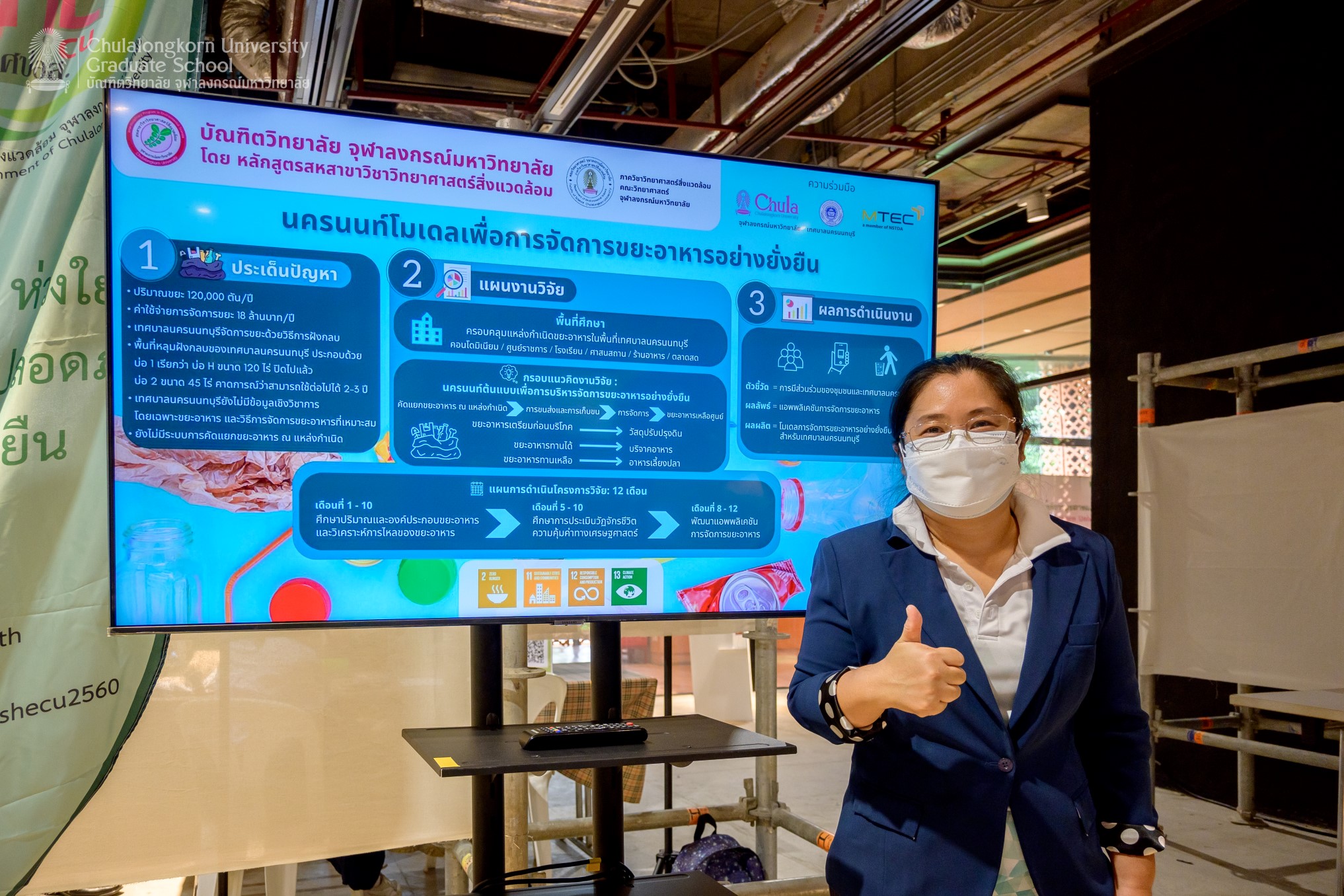
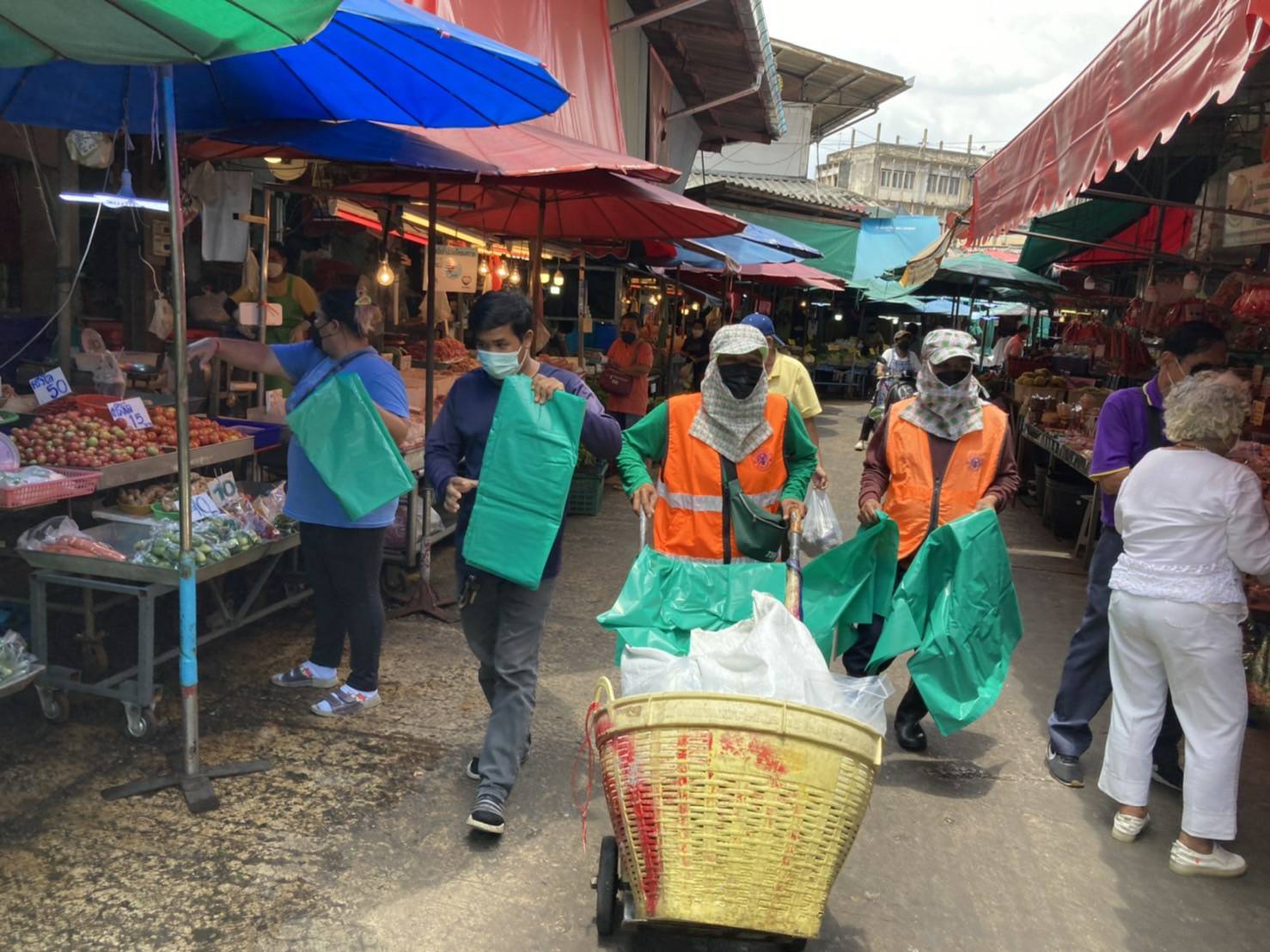
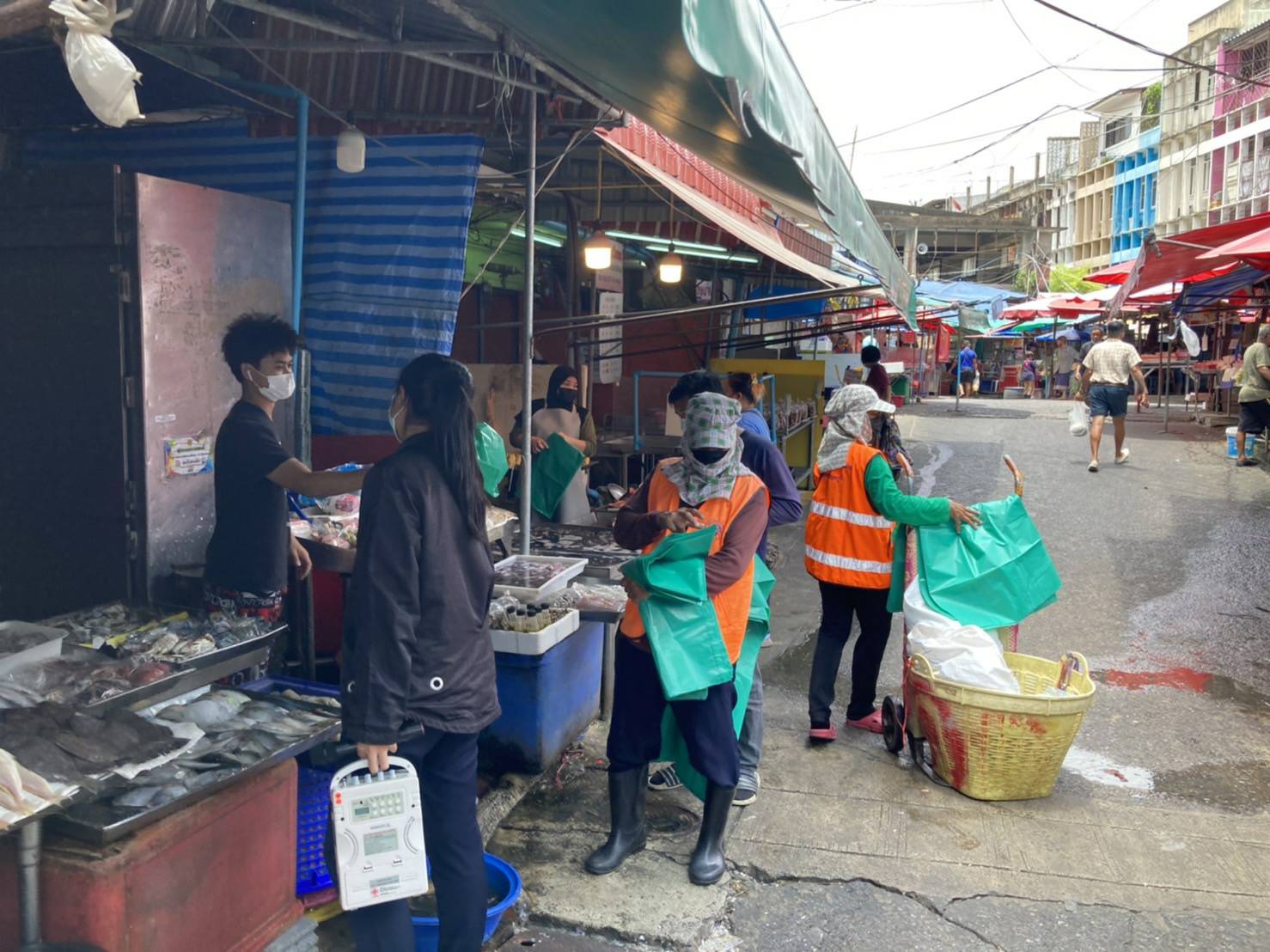
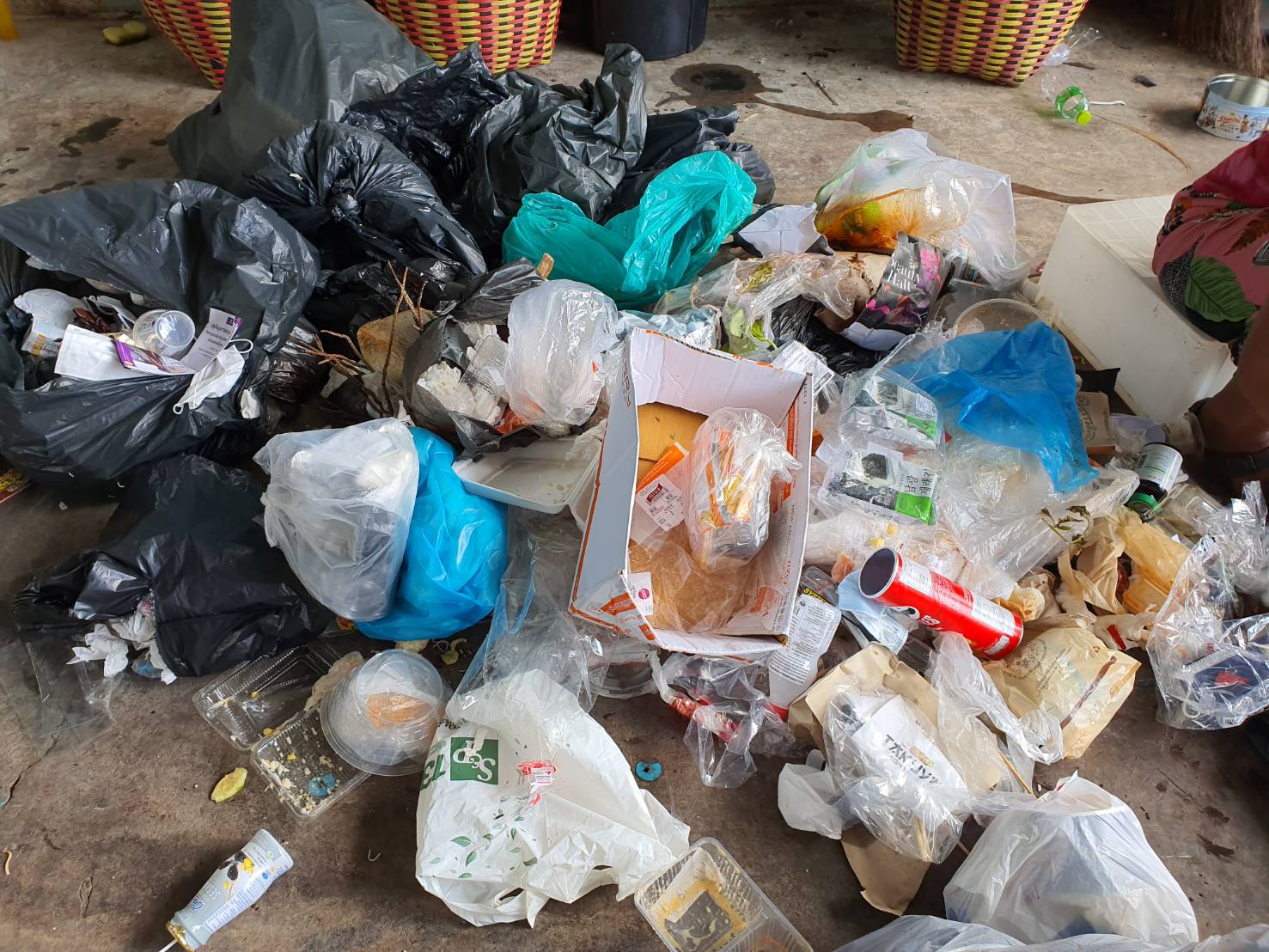
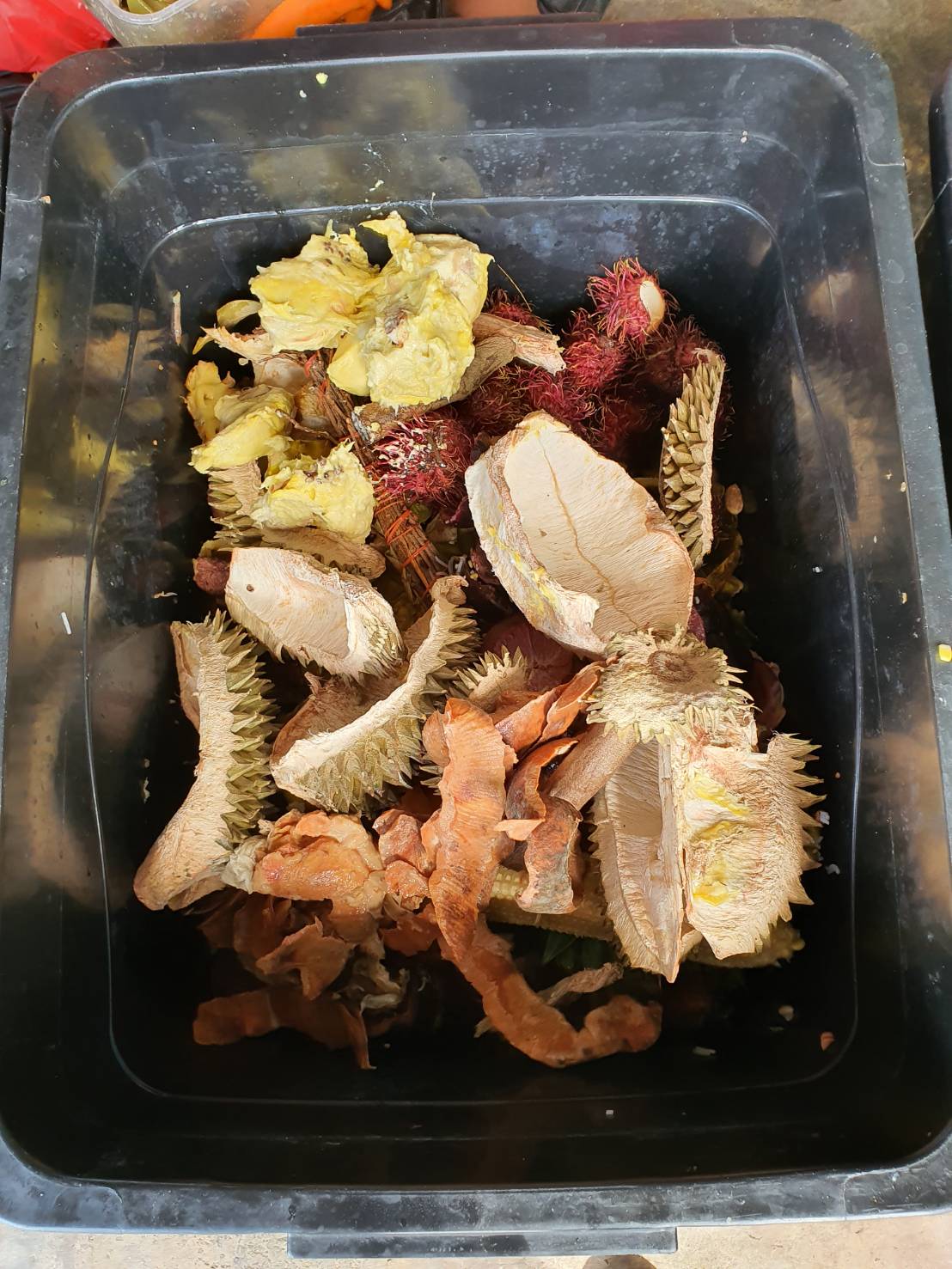





File :
